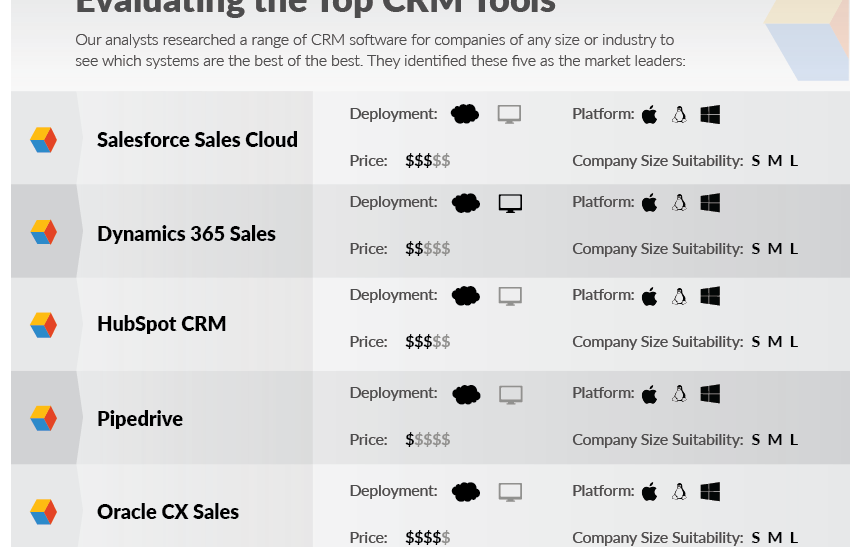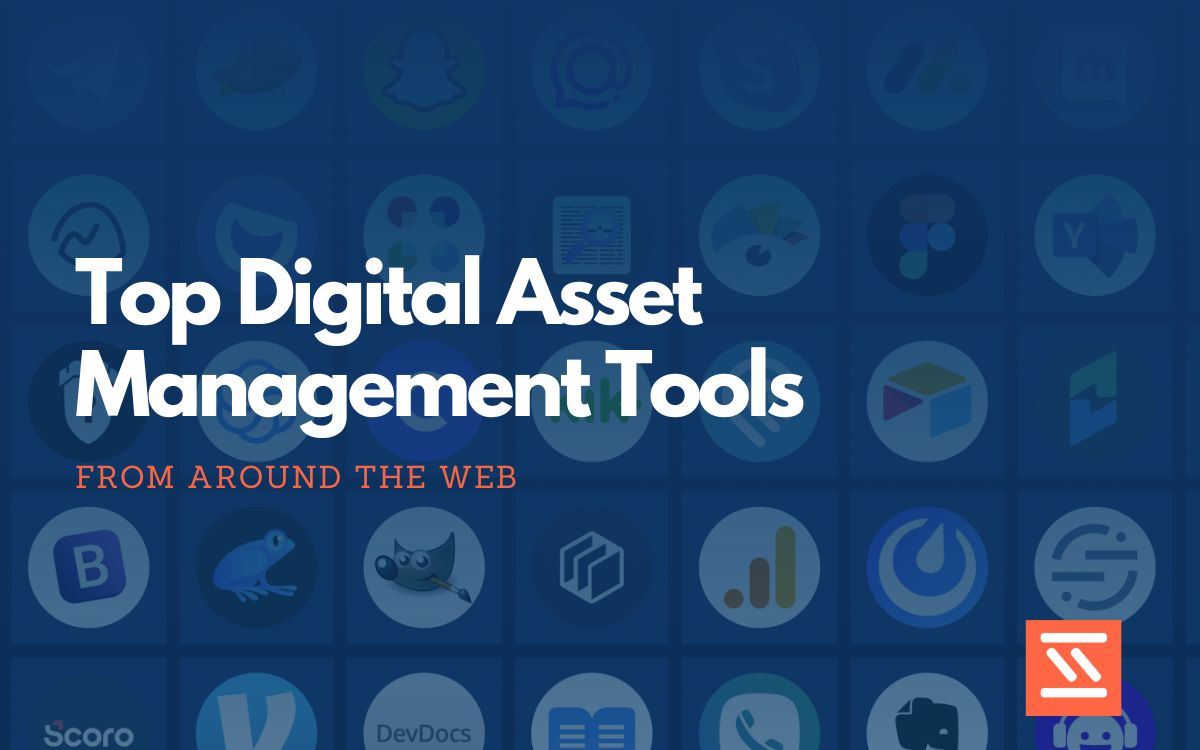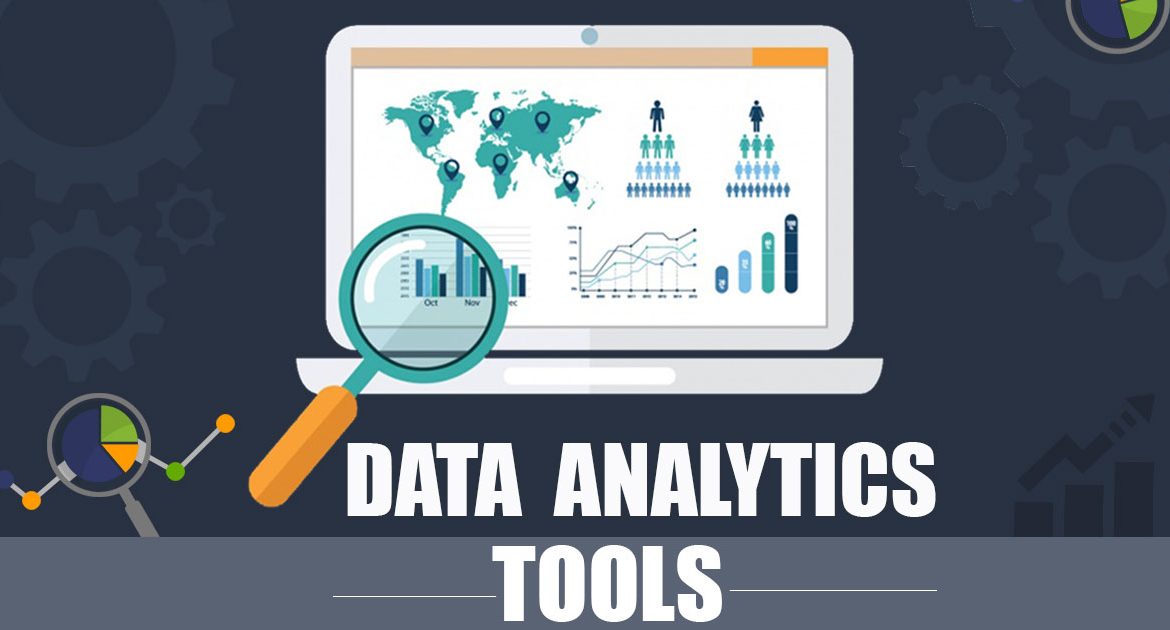The Best Digital Tools for CRM Management revolutionize the way businesses interact with customers, boosting efficiency and fostering stronger relationships. From contact management to personalized campaigns, these tools are essential for success in today’s competitive market.
Introduction to CRM Management Tools
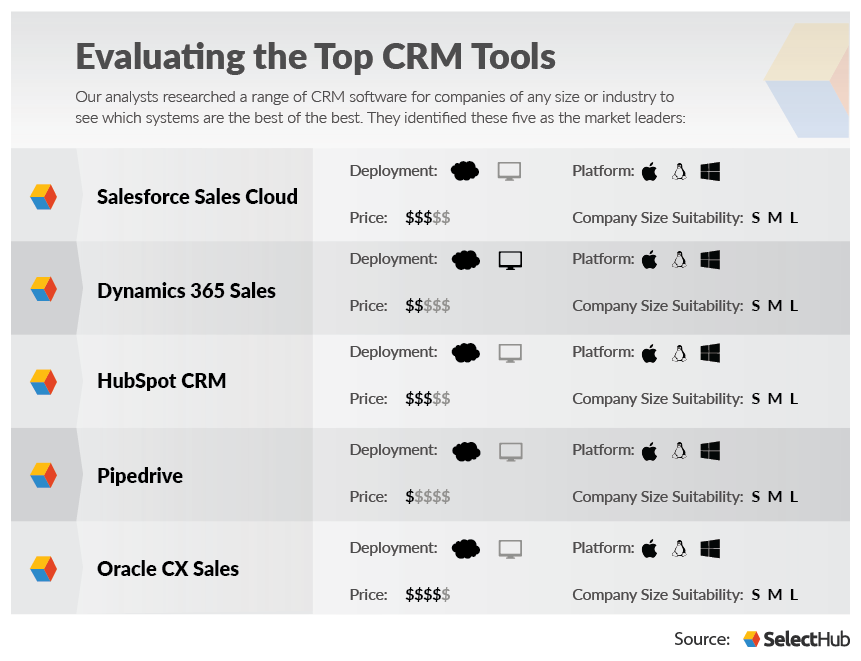
Using digital tools for CRM management is crucial in today’s fast-paced business environment. These tools help businesses effectively track and manage customer interactions, resulting in improved customer relationships and increased efficiency. Industries such as retail, healthcare, finance, and real estate greatly benefit from CRM tools due to the large volume of customer data they handle on a daily basis.
Enhancing Customer Relationships and Business Efficiency
- CRM tools provide a centralized database for storing customer information, allowing businesses to personalize interactions and provide better customer service.
- Automation features in CRM tools streamline processes like lead management, email marketing, and customer support, saving time and increasing productivity.
- Analytics and reporting capabilities in CRM tools help businesses analyze customer data, identify trends, and make informed decisions to drive growth and profitability.
- Integration with other business tools such as marketing automation software, social media platforms, and e-commerce systems enables seamless data flow and enhances overall operational efficiency.
Types of Digital Tools for CRM Management: The Best Digital Tools For CRM Management
CRM tools come in various types, each serving a specific purpose in managing customer relationships effectively. Let’s explore some of the key types of digital tools available for CRM management.
Contact Management, The Best Digital Tools for CRM Management
Contact management tools allow businesses to organize and store customer contact information in a centralized database. These tools help in tracking interactions, managing leads, and maintaining detailed profiles of customers for personalized communication.
Email Marketing
Email marketing tools enable businesses to create, send, and track email campaigns to target specific customer segments. These tools help in nurturing leads, increasing customer engagement, and measuring the effectiveness of email marketing efforts.
Analytics
Analytics tools provide valuable insights into customer behavior, preferences, and trends. By analyzing data collected from various touchpoints, businesses can make data-driven decisions to improve customer engagement, enhance marketing strategies, and optimize sales processes.
Cloud-based CRM vs. On-premise Solutions
Cloud-based CRM tools offer the flexibility of accessing data and tools from anywhere with an internet connection, making them ideal for remote teams and scalability. On the other hand, on-premise solutions provide greater control over data security and customization but require higher upfront costs and maintenance.
Popular CRM Software Features
Salesforce
Enhance Customer Experience with These Digital Tools by utilizing the latest technology and innovative platforms. These tools can help businesses to better understand their customers and provide personalized services. By incorporating these digital tools, companies can create a seamless and engaging experience for their customers.
Check out the link for more information on how to improve your customer experience: Enhance Customer Experience with These Digital Tools.
Known for its robust capabilities in sales, marketing, and customer service automation. Features include lead management, opportunity tracking, and customizable dashboards.
HubSpot
Offers a comprehensive suite of tools for inbound marketing, sales, and customer service. Features include email marketing, social media management, and CRM integration.
Optimize your social media presence with the Best Digital Tools for Social Media Management. These tools offer valuable insights, scheduling capabilities, and analytics to help you reach your target audience effectively. Stay ahead of the competition by utilizing these digital tools to enhance your social media strategy.
Learn more about the best digital tools for social media management here: Best Digital Tools for Social Media Management.
Zoho CRM
Provides a customizable CRM platform with modules for sales, marketing, and customer support. Features include workflow automation, reporting tools, and AI-powered insights.Explore these different types of CRM tools to find the right combination that suits your business needs and enhances customer relationships.
Discover The Best Digital Tools for Remote Work in 2024 to enhance productivity and collaboration among remote teams. With the right tools, remote workers can stay connected and efficient regardless of their location. Embrace the latest digital solutions to streamline your remote work process and achieve success.
Find out more about the best digital tools for remote work in 2024 here: The Best Digital Tools for Remote Work in 2024.
Implementation and Integration of CRM Tools
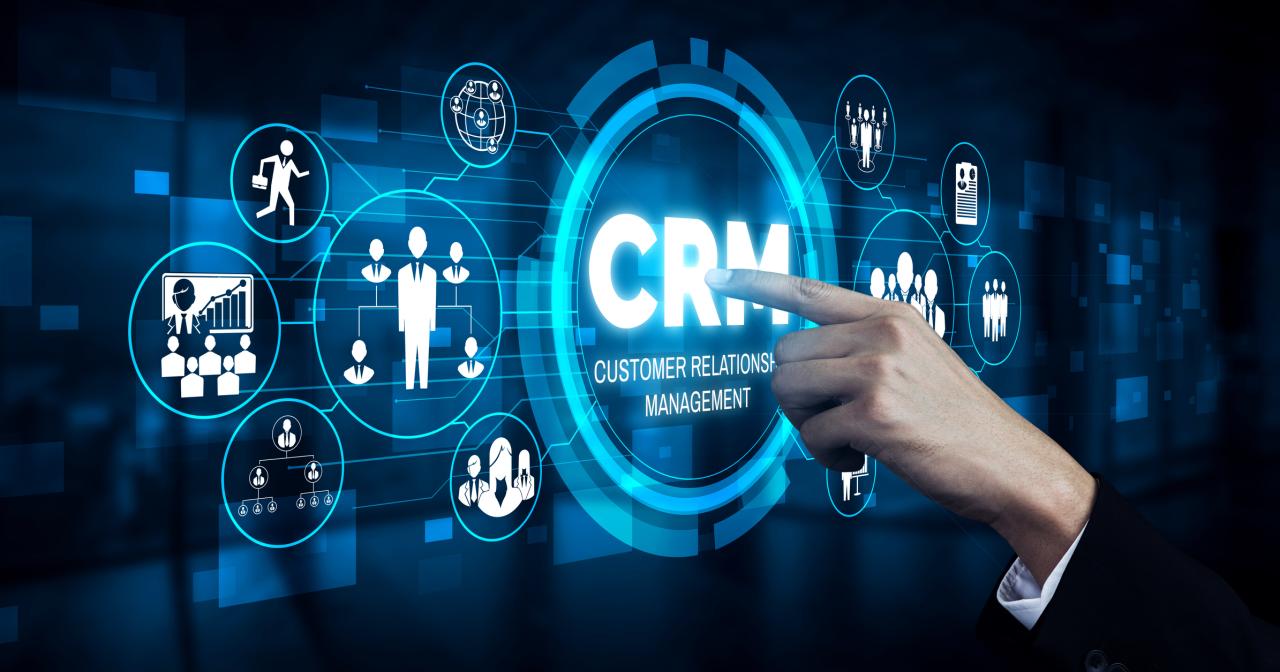
Implementing and integrating CRM tools in a business environment is crucial for streamlining processes, improving customer relationships, and boosting overall efficiency. Here are some steps, strategies, and best practices to consider:
Steps for Implementing CRM Tools
- Define clear objectives: Identify what you want to achieve with CRM tools and set specific goals.
- Choose the right CRM software: Select a platform that aligns with your business needs and budget.
- Customize the CRM system: Tailor the software to match your unique business processes and requirements.
- Train employees: Provide comprehensive training to ensure all staff members are proficient in using the CRM tools effectively.
- Test and evaluate: Conduct thorough testing of the CRM system before full implementation to iron out any issues.
- Monitor and optimize: Continuously monitor the CRM tools’ performance and make necessary adjustments for optimal results.
Strategies for Integrating CRM Tools with Existing Systems
- Assess compatibility: Ensure that the CRM software can seamlessly integrate with your current systems and software.
- Data migration: Transfer existing data into the CRM system accurately and securely to maintain data integrity.
- Automate processes: Implement automation to synchronize data and streamline operations across different platforms.
- Collaborate with IT: Work closely with your IT department to facilitate smooth integration and resolve any technical issues.
Best Practices for Training Employees on CRM Tools
- Provide hands-on training: Offer practical training sessions to allow employees to familiarize themselves with the CRM tools.
- Create user guides: Develop comprehensive user guides and manuals to serve as reference materials for employees.
- Encourage feedback: Foster a culture of feedback to address any challenges or concerns that employees may encounter during training.
- Offer ongoing support: Provide continuous support and refresher sessions to help employees enhance their CRM tool proficiency over time.
Customization and Personalization in CRM Tools
Customizing CRM tools to match specific business needs is crucial for maximizing efficiency and effectiveness. By tailoring the features and functions of CRM software to align with the unique requirements of a company, businesses can streamline their processes, improve productivity, and enhance overall customer satisfaction.
Importance of Customization in CRM Tools
Customization in CRM tools allows businesses to create a personalized experience for their customers. By configuring the software to capture and analyze data specific to the organization, companies can gain valuable insights that lead to more targeted marketing campaigns, better customer segmentation, and ultimately increased sales and customer loyalty.
Personalization for Improved Customer Interactions
Personalizing CRM tools enables companies to tailor their communication with customers based on individual preferences and behaviors. This can include sending personalized emails, targeted promotions, or customized product recommendations. By leveraging the data collected within the CRM system, businesses can create more meaningful interactions that resonate with customers, fostering stronger relationships and brand loyalty.
Examples of Personalized CRM Campaigns
- Amazon’s recommendation engine utilizes personalized data to suggest products based on past purchases and browsing history, resulting in a higher likelihood of conversion and customer satisfaction.
- Netflix customizes content recommendations for each user, increasing engagement and retention by delivering a personalized viewing experience.
- Spotify curates personalized playlists for users based on listening habits and preferences, enhancing user satisfaction and loyalty to the platform.
Closure

In conclusion, embracing the best digital tools for CRM management is key to staying ahead in the business world. By customizing, integrating, and implementing these tools effectively, businesses can elevate their customer interactions and overall performance.

